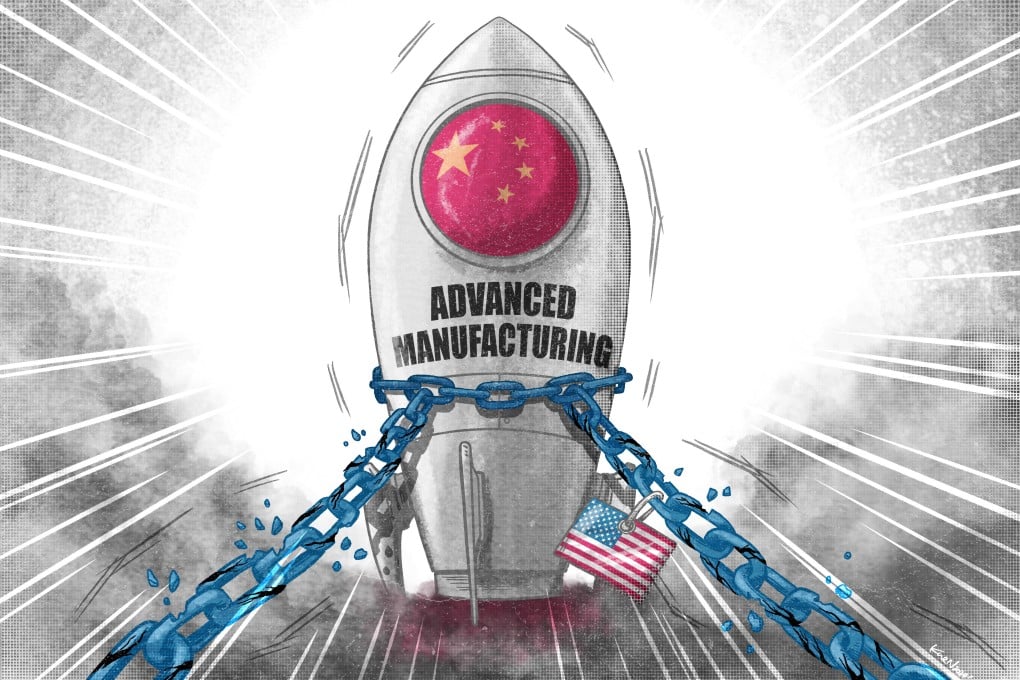China’s tech factories will be a target, for Harris or Trump. Is it too late to matter?
Both White House candidates would attempt to contain China’s advanced manufacturing, but the country’s industrial ascent appears undeniable

After decades spent working around the clock to produce an almost unimaginable quantity of goods for global consumers, China’s factories have moved up the learning curve and begun assembling more complicated wares – and those in seats of power from Washington to Berlin have sat up and taken notice.
With the US presidential race tightening, one thing remains clear regardless of the victor: China’s ascent to the bleeding edge of industrial production is not the distant possibility it once was.
Nevertheless, both major party nominees – former president Donald Trump of the Republicans and Vice-President Kamala Harris of the Democrats – are all but certain to escalate efforts to keep China's rise in check.
“The direction of travel is quite clear,” said Xu Tianchen, senior China economist with the Economist Intelligence Unit. “The tech war is only going to intensify, and the election result will matter tactically, not strategically.”